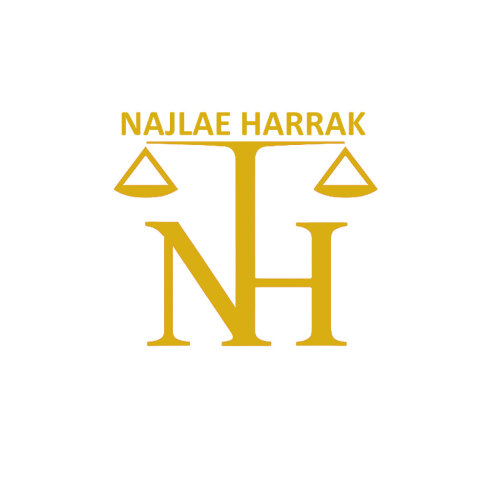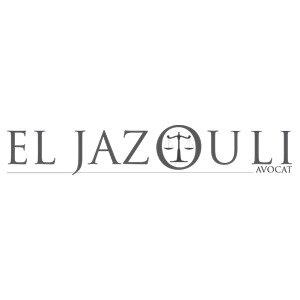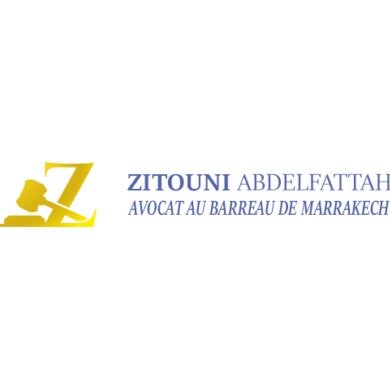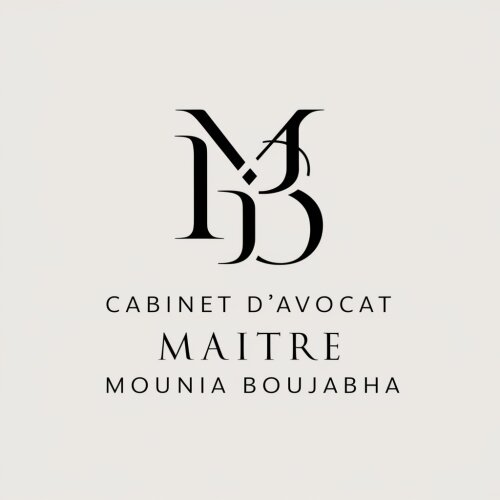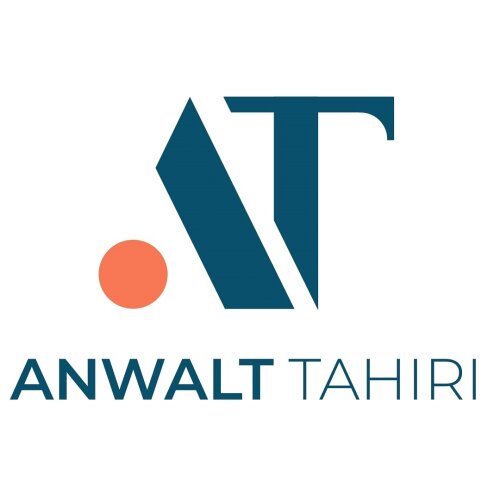Best Divorce & Separation Lawyers in Morocco
Share your needs with us, get contacted by law firms.
Free. Takes 2 min.
Free Guide to Hiring a Family Lawyer
Or refine your search by selecting a city:
List of the best lawyers in Morocco
About Divorce & Separation Law in Morocco
Divorce and separation in Morocco are governed by the Moudawana, or Family Code, which was reformed in 2004 to provide greater rights and protections, particularly for women. The law permits divorce under several conditions and outlines the processes for both judicial and consensual separations. Moroccan divorce law primarily distinguishes between three types of divorce: by mutual consent, initiated by one spouse, and for harm, each with specific legal procedures and implications.
Why You May Need a Lawyer
Seeking legal advice in matters of divorce and separation can be crucial for several reasons. Firstly, understanding the intricacies of the Moudawana is essential for ensuring one's rights are adequately protected. A lawyer can provide critical insights into your specific situation, guide you through the process, and represent you in court if necessary. Additionally, legal help may be required for negotiating settlements, resolving custody disputes, or handling properties and assets. Navigating potential conflicts and ensuring compliance with legal standards are also tasks where a lawyer's expertise is invaluable.
Local Laws Overview
The Moroccan Family Code establishes comprehensive guidelines for divorce and separation. Key aspects include:
- Types of Divorce: Divorce by mutual consent (Talaq), divorce initiated by one spouse (Khul'), and divorce for harm (Tafriq).
- Custody: Generally, custody of children is awarded to the mother unless otherwise decided by the court in the child's best interest.
- Waiting Period: The law stipulates a waiting period ('Idda) post-divorce, which varies based on the circumstances.
- Mediation: Courts may require mediation as a step before proceeding with divorce to explore reconciliation.
- Alimony and Child Support: Moroccan law outlines obligations for maintenance payments to both the spouse and children post-divorce.
Frequently Asked Questions
What types of divorce are available in Morocco?
Morocco recognizes divorce by mutual consent, divorce initiated by one spouse (Khul'), and divorce for harm (Tafriq).
Is mediation mandatory in divorce proceedings?
Before granting a divorce, courts generally require the couple to attempt mediation to explore possible reconciliation.
How is child custody determined?
Custody is typically granted to the mother, with the court making decisions based on the best interest of the child.
What is the 'Idda period?
The 'Idda is a mandatory waiting period after divorce, required for a woman before she can remarry, which allows for the settling of any paternal uncertainties and respects grieving times.
Can a woman initiate divorce in Morocco?
Yes, women can initiate divorce through the process known as Khul', or divorce for harm if applicable.
Are maintenance payments required post-divorce?
Yes, the Family Code obligates spouses to provide maintenance payments, which cover alimony and child support as applicable.
What happens to marital property upon divorce?
The division of marital assets can either be agreed upon by the spouses or decided by the court if an agreement cannot be reached.
Is it necessary to go to court for all divorces?
While mutual consent divorces may not require extensive court involvement, the court's approval is still needed for finalizing the procedure legally.
Can foreign nationals divorce in Morocco?
Yes, foreign nationals can divorce in Morocco, but it is advisable to consult with a lawyer to navigate international legal considerations.
What documents are typically required for filing a divorce?
Essential documents include identification papers, marriage certificate, proofs of residence, and any agreements related to children or assets.
Additional Resources
For further assistance, individuals can reach out to various resources, including the Ministry of Justice, local family courts, or organizations like L'association Démocratique des Femmes du Maroc (ADFM) that focus on women's rights. These entities provide support and can offer guidance on legal procedures and the protection of rights under Moroccan law.
Next Steps
If you need legal assistance in matters of divorce and separation, start by consulting a qualified lawyer familiar with Moroccan Family Law. Gathering all necessary documents and understanding your rights will be the first steps in navigating the legal process. Scheduling a consultation can provide clarity on your situation and the most appropriate course of action. Furthermore, you may consider attending mediation if required, to address any potential reconciliation feasibly.
Lawzana helps you find the best lawyers and law firms in Morocco through a curated and pre-screened list of qualified legal professionals. Our platform offers rankings and detailed profiles of attorneys and law firms, allowing you to compare based on practice areas, including Divorce & Separation, experience, and client feedback.
Each profile includes a description of the firm's areas of practice, client reviews, team members and partners, year of establishment, spoken languages, office locations, contact information, social media presence, and any published articles or resources. Most firms on our platform speak English and are experienced in both local and international legal matters.
Get a quote from top-rated law firms in Morocco — quickly, securely, and without unnecessary hassle.
Disclaimer:
The information provided on this page is for general informational purposes only and does not constitute legal advice. While we strive to ensure the accuracy and relevance of the content, legal information may change over time, and interpretations of the law can vary. You should always consult with a qualified legal professional for advice specific to your situation.
We disclaim all liability for actions taken or not taken based on the content of this page. If you believe any information is incorrect or outdated, please contact us, and we will review and update it where appropriate.
Browse divorce & separation law firms by city in Morocco
Refine your search by selecting a city.






